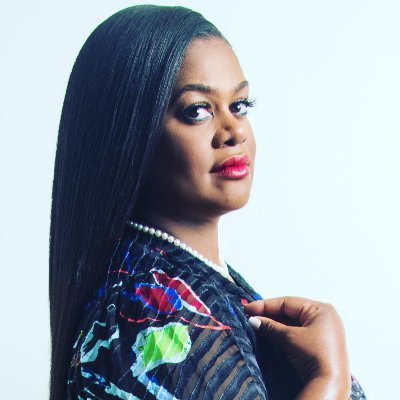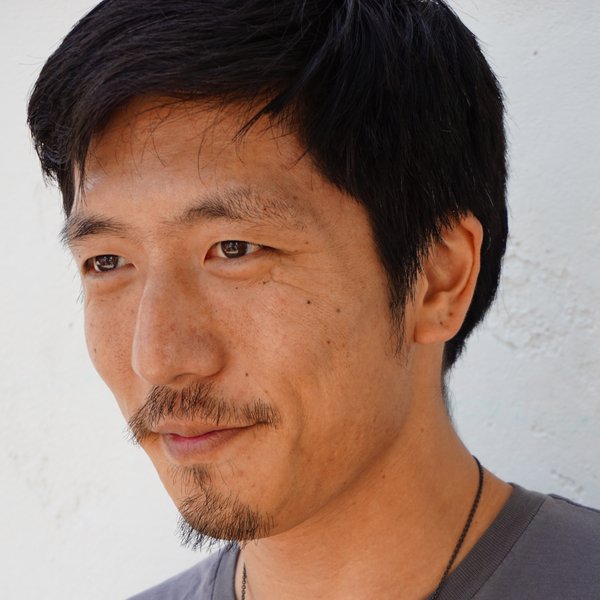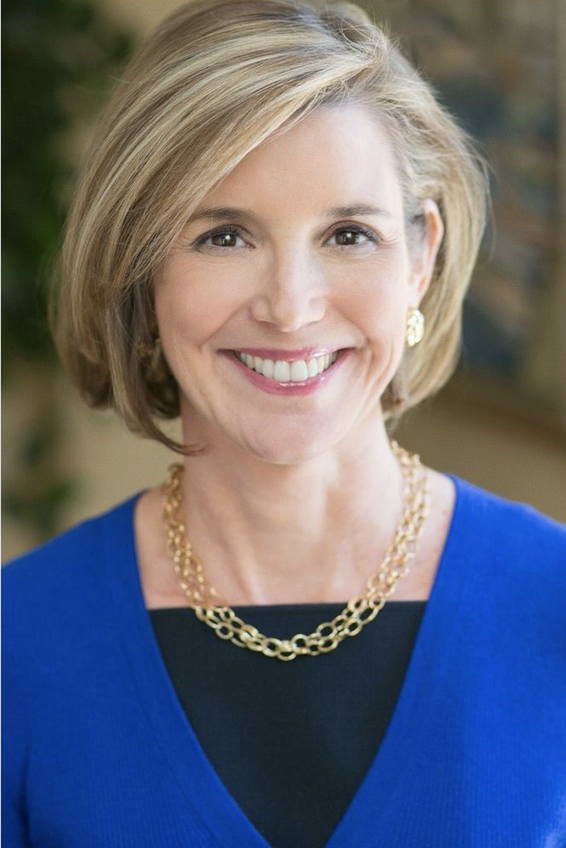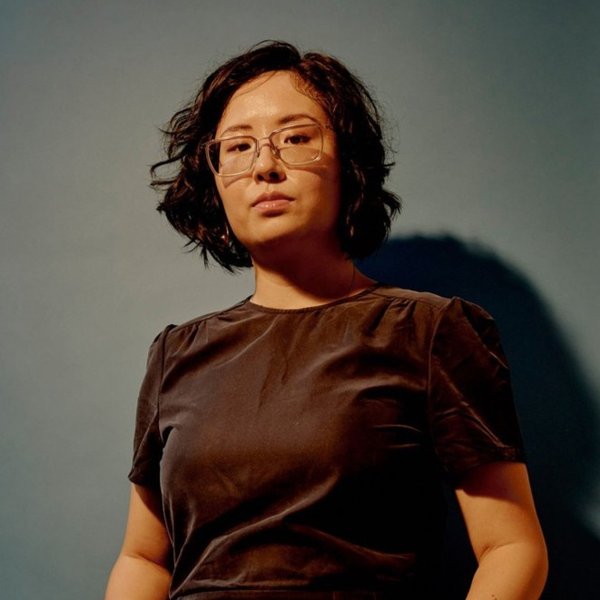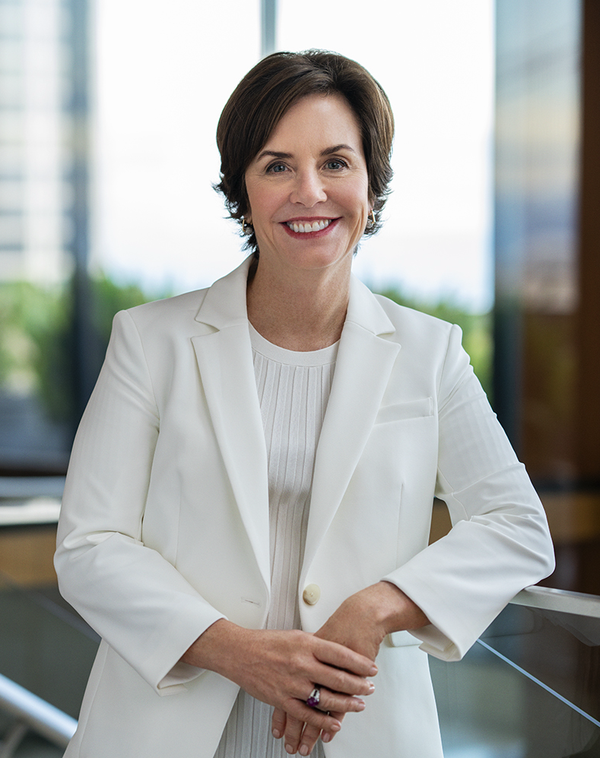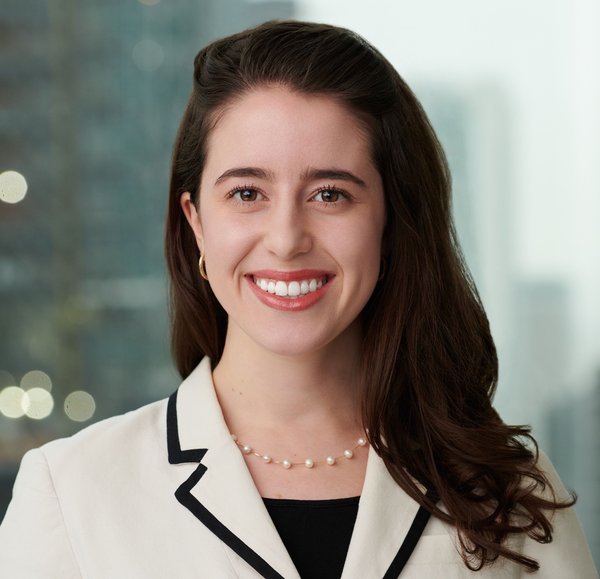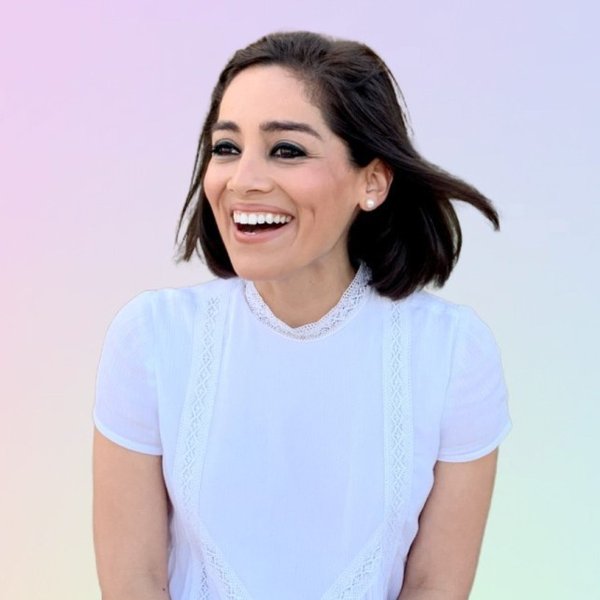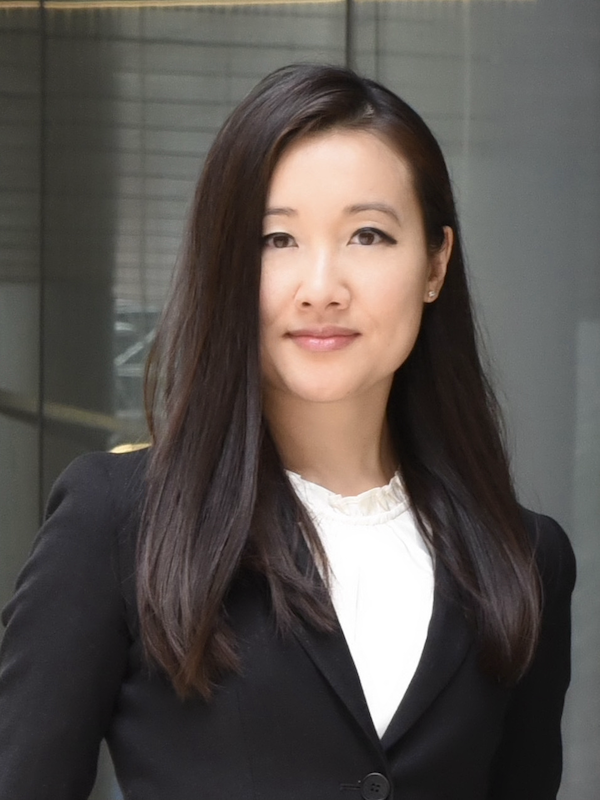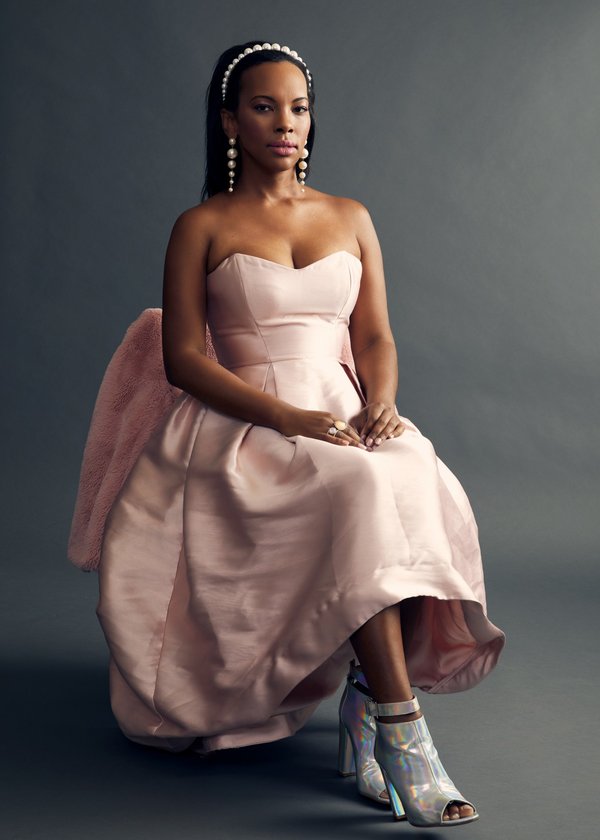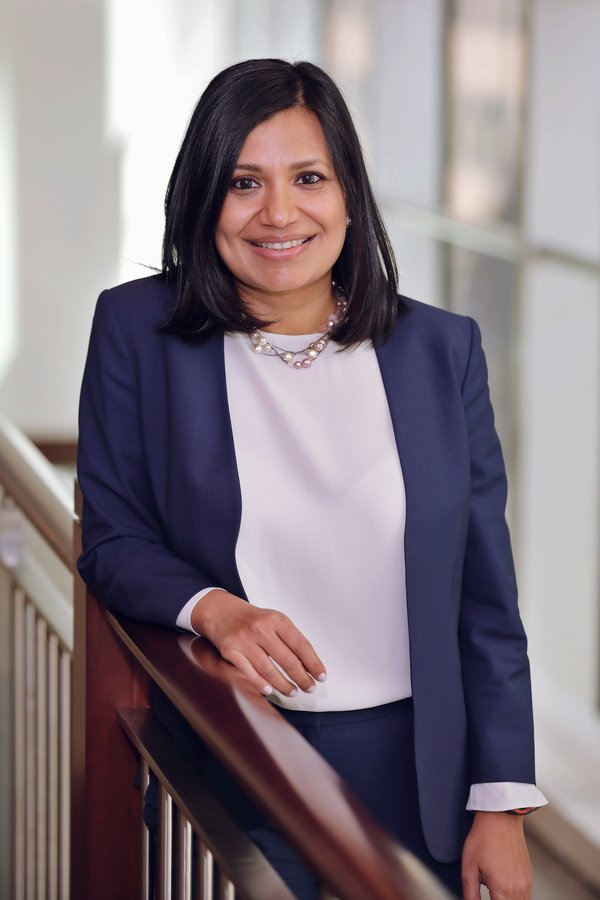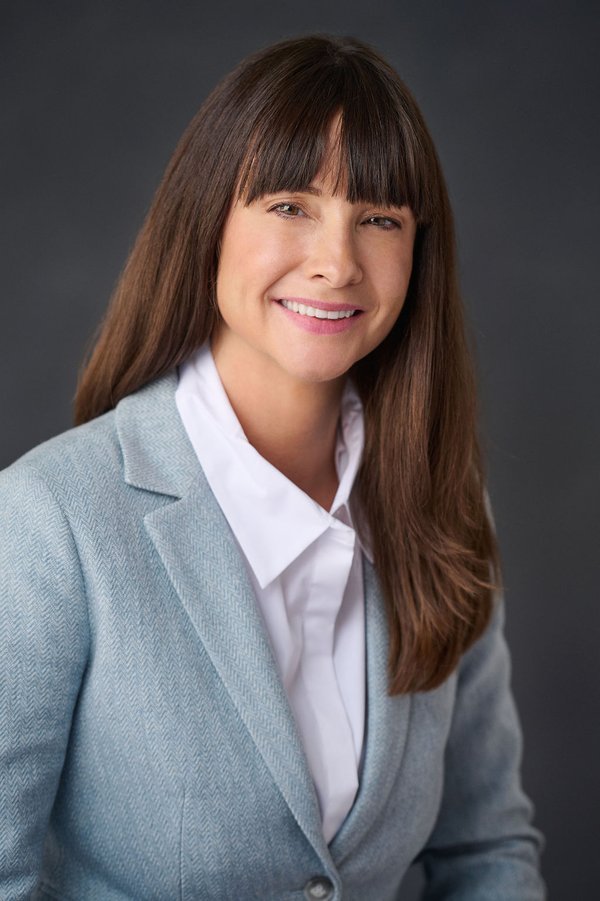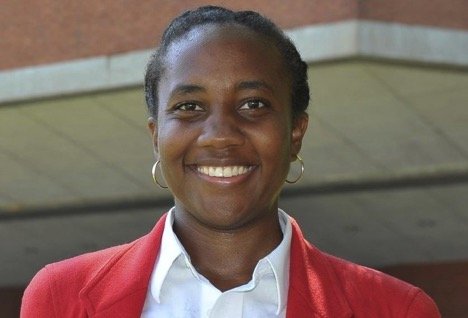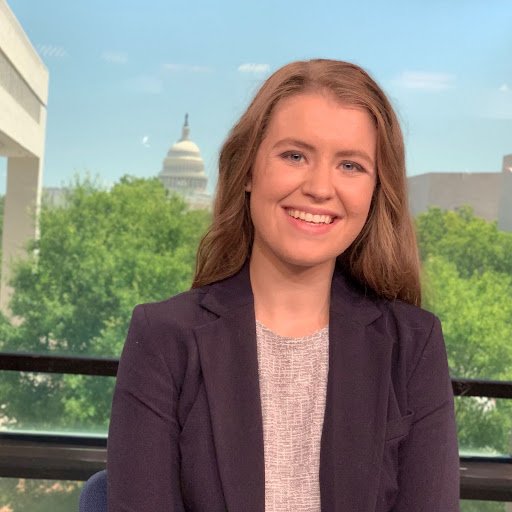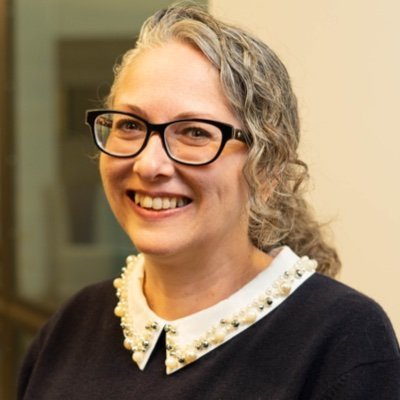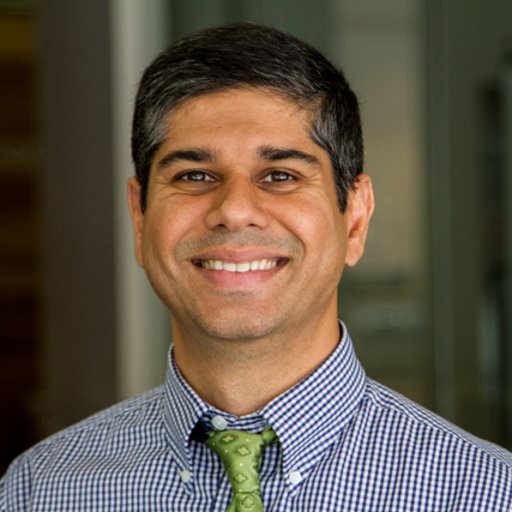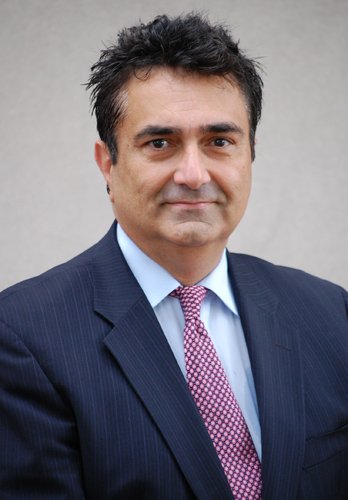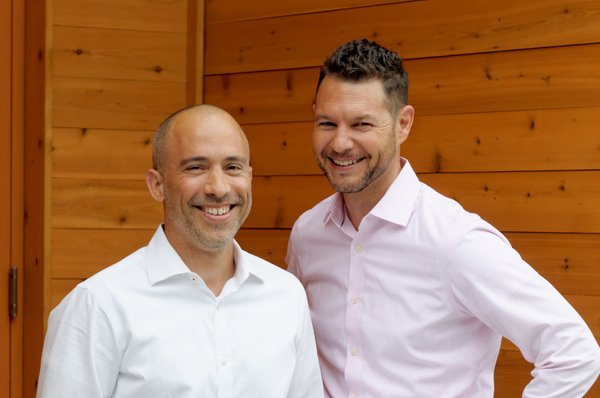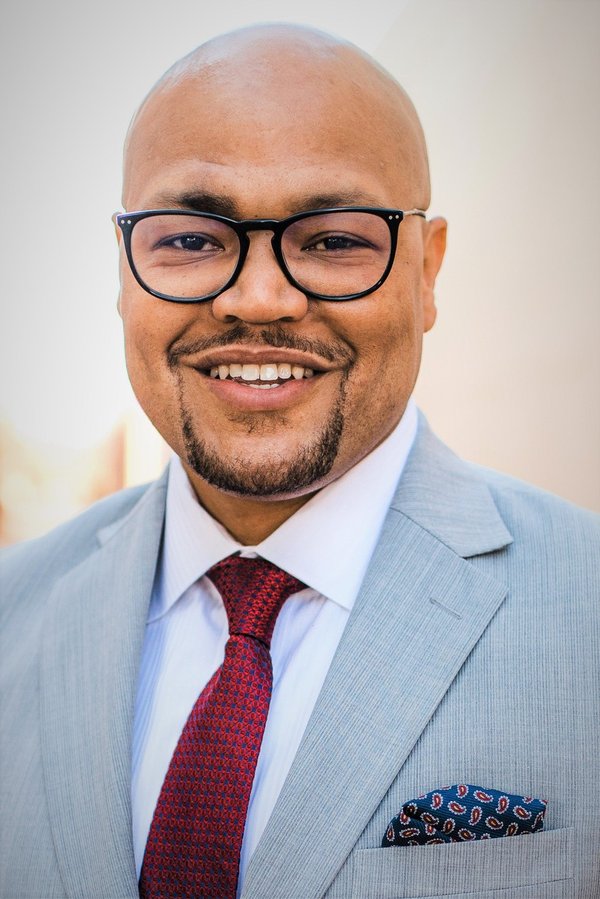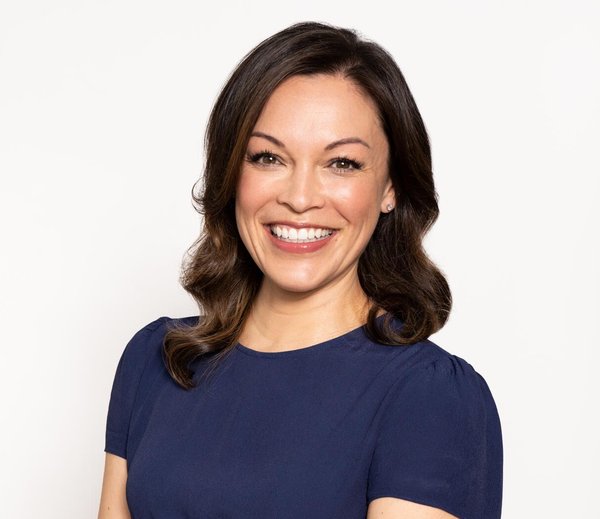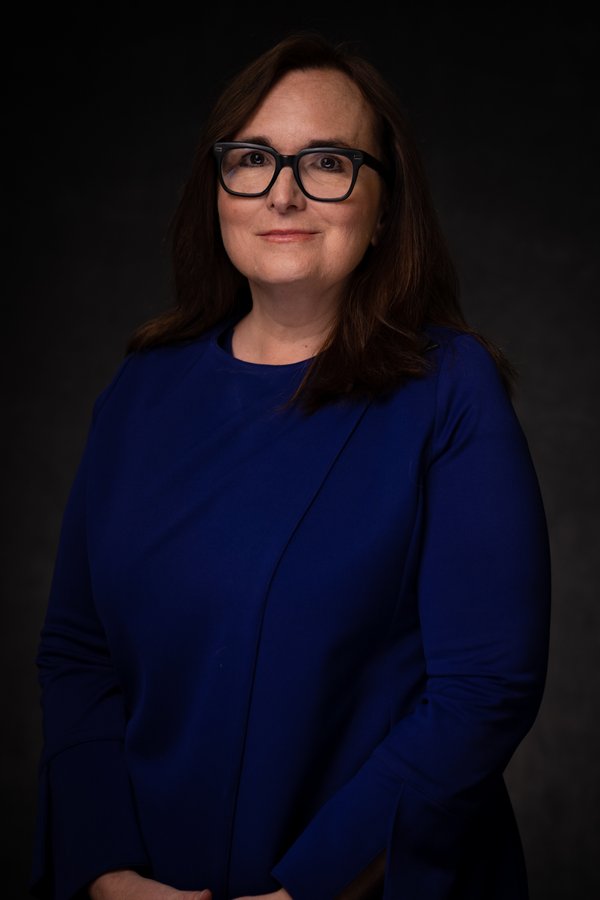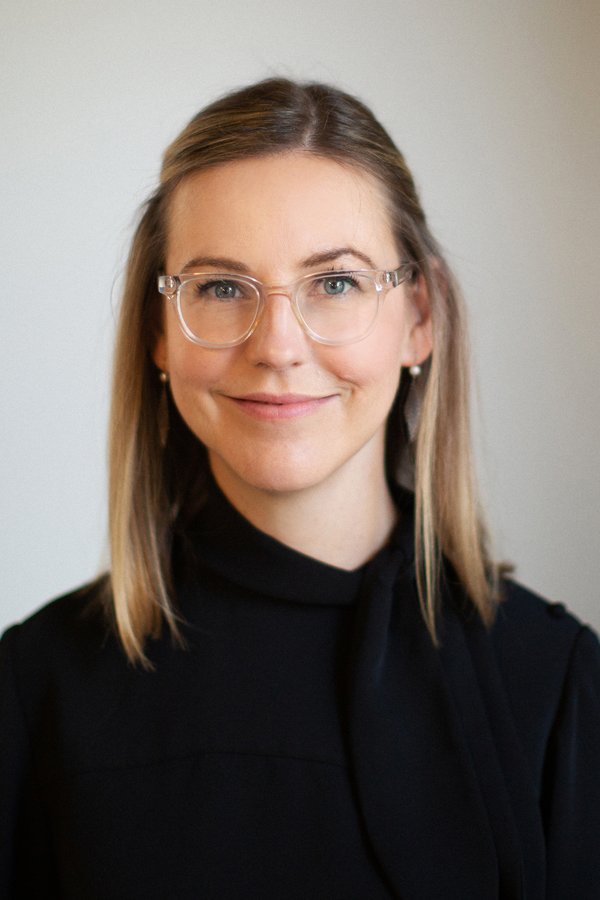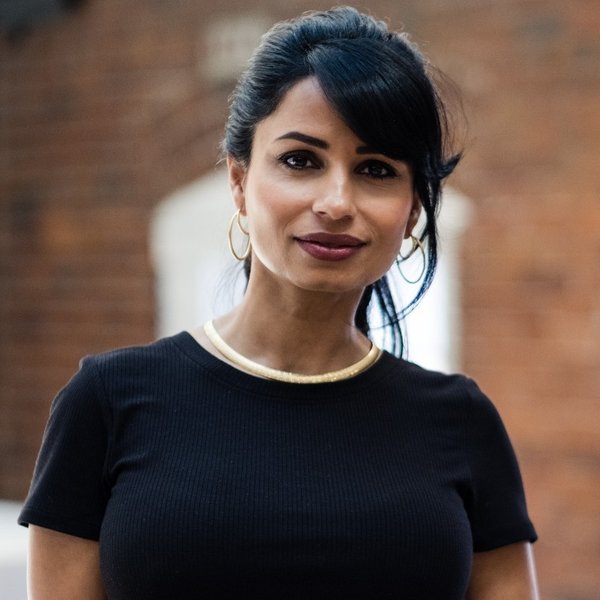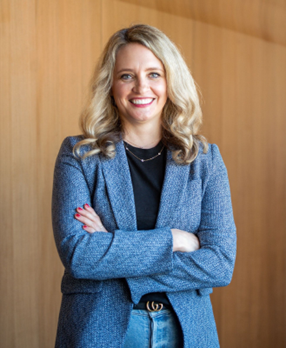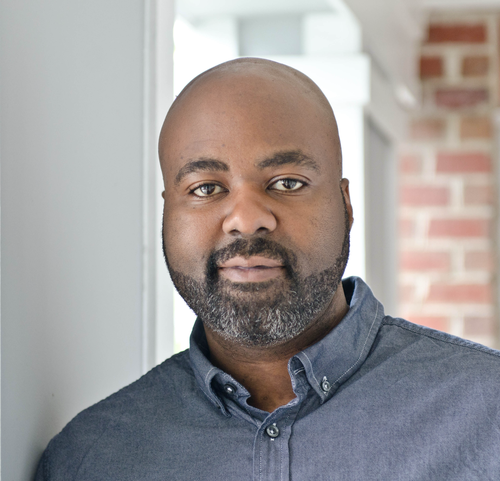
Damien Peters is the founder of Wealth Noir and currently entrepreneur in residence at Citi Ventures. Wealth Noir is dedicated to helping working professionals transform salary into long-term wealth through investing.
Peters brings nearly a decade of product management experience at companies such as Facebook (now Meta), Zynga, and other start-ups in the U.S. and Spain. He has bachelor’s degrees in computer science and economics from the University of Maryland and an MBA from the Massachusetts Institute of Technology.
After many years of working in Silicon Valley and a two-year hiatus in Valencia, Spain, Peters now lives in the greater Washington, D.C., area with his wife and son. He's a real estate investor and an active proponent of creating wealth, closing the wealth gap, and transforming the tech industry into a diverse environment with representation for African Americans.
Damien's Investing Style
How many years of investing experience do you have? 10-20 years
What is your investing risk tolerance? High
What is your portfolio size? More than 20 stocks
What are your favorite investing sectors? Financials, information technology, communication services, real estate
When did you get started in investing and why?
I studied economics in college and was always interested in investing and money. I didn't get officially started until my mom told me I had a brokerage account that became mine when I turned 21. I now had stocks and ETFs, and it made investing real to me. From there, I started putting more money into the market and investing in stocks. Soon after that, I bought my first house, with a plan to make it a rental property. Since then, I've managed a portfolio of ETFs and individual stocks, while adding real estate and crypto throughout the years.
Can you tell us a little bit about your relationship with money at an early age?
I've always been a saver and fascinated with money. My grandmother joked about my interest in spare change and saving as a little kid. I got a part-time job as soon as I turned 16 and had a checking account before that. I remember reading personal finance books in high school, including Rich Dad, Poor Dad. My father was an entrepreneur, and while he was terrible with money, it was a topic in our household. I studied computer science in undergrad and added on economics just because I wanted to understand money better. So I've always been very interested in how money works, how to manage it, and how to grow it.
What has your journey been like as an investor, and what are some of the challenges you’ve had to overcome?
Keeping a clear focus on my existing assets and those asset classes and not getting distracted by every new and shiny fintech service or new asset class. As someone who has spent most of his career in tech and spends a lot of time in financial services, I have to really stick to some core tenets of my investing strategy. I see a lot of interesting things, but I don't have the time or capital to participate in every single one.
What’s one story from your life that totally defines who you are today, and how has that impacted your investing career?
I don't remember how old I was when I got my first bank account, but I remember it was something I was eagerly looking forward to. I wasn't old enough for awhile, and I kept asking and waiting until I could get one. At this time, debit cards weren't ubiquitous, and checks were still in use. The only thing I got was a statement for my savings account, but I was eager to start putting money into it and to know I had money in a bank.
That eagerness to save and participate and understand money and finances has stuck with me to this day. I'm always eager to go further with my finances and investments. I still keep that youthful desire to saving my money and seeing it grow ... even if I'm not actually spending or using it.
With so many younger investors dipping their toes in investing, what’s the best advice you have for someone who may be looking to start investing or who may be newer to the industry?
I truly believe in the adage, "Time in the market beats timing the market.” I think there are infinite ways to build wealth, so the important thing is to find one that works for you, and stay consistent and commit to continued growth. It's a combination of sticking with what works for you – whether stocks, real estate, cryptocurrency, or other alternative assets – but also to continue to learn and adjust as things change. Markets change, strategies that worked get invalidated, and new assets are invented. Over time, you'll need to ensure you're protecting what you built as things change.
Start and stay consistent, and keep growing. Find an asset class or strategy that suits you, and never stop learning.Damien Peters
You juggle so many tasks and wear so many hats. How do you manage the balance between your work life and your personal life and still manage to meet your investment goals?
It's tough. When I was younger, I would joke that I had a machine to make time when people asked how I got it done. I would explain that at night, when needed, I would go and hand-crank my machine and it would spit out extra hours for me. Really I just didn't sleep a lot.
When I became a father, all that changed. I was forced to actually learn the meaning of work-life balance. In order to shed my workaholic ways, I got extreme and moved my family and I to Valencia, Spain, for two years. I learned about the other extreme of the balance and was forced to make life a priority for once.
Now I strike a balance between these extremes. I live by my calendar, but I'm driven by my goals and priorities. I'm constantly reassessing what's the most important to me and how I spend my time. I use a time tracker and write down my goals to make sure things are aligned. I've also evolved how I learn to use more podcasts, YouTube, and audiobooks, compared to all the pure reading I used to do.
Lastly, I've really built a team around me. In my business and investing, I work with CPAs, CFPs, and people I've hired and trained to help with the immense amount of work and tasks that need to be done. It helps to know there are others working on my investment goals in addition to just myself.
If you could go back in time and change one thing about your investing strategy, what would you change and why?
I would have started earlier and gone harder. I had been researching the stock market since high school. I did stock trading simulators, read books (including the life-changing Rich Dad, Poor Dad) and had started saving in a bank account very early. But I didn't actually have a brokerage account or have any investments to my name until I was given an account by my mom after I graduated college (she didn't know what she was doing at the time, but this was the best gift I got).
Even though I got an early start compared to most and have done well at growing my wealth, I still think if I had actually bought just even one or two shares in high school, how much more I would have learned and been able to grow.
What really excites you about the future of investing?
Blockchain, not just cryptocurrencies, aka coins, I think is one of the most transformative aspects of investing and finance I will see in my lifetime.
Outside of just payments and holding currency, DeFi (decentralized finance), the tokenization of real assets (think real estate transactions completed on the blockchain), and smart contracts pose a whole new paradigm for investing in the future. Many types of transactions or asset classes that are hard to buy, sell, or trade without hundreds of pages of documents and a small team of people, can now be coded and made simple, significantly reducing transaction costs and time. Things like multiple people owning one piece of real estate, or an open market for your shares of a closed private equity fund, can all be made possible.
What scares you about the future of investing?
What scares me is all the uncertainty right now. You have several huge things happening in investing and the markets, and it's unclear how things will play out. Is inflation real or just temporary? How will the pandemic play out? Will this amazing bull market lead us to a depression? How are supply shortages going to impact the economy? Will the new normal we see post-pandemic significantly change consumer spending habits and political power globally as places recover unevenly? Usually there are just a handful of these to think through, but now we have more variables than ever to navigate through.
Who are some leaders in the investing industry you admire and why?
Warren Buffett. More traditional and risk-averse than me personally, but I love his approach to wealth and life. I love how he still lives in the same house, how he runs Berkshire Hathaway, and the advice he gives to many just getting started.
Ray Dalio. I really learned about Ray when he published Principles, but I love how he thinks about macroeconomic trends, along with the tactical insights in how he has run and built his company. I actually have the animated version of Principles on my four-year-old son's bookshelf.
Graham Stephan. Very different from my last adds, but I've been following him for awhile on YouTube. As a real estate investor turned money nerd who has always been frugal, he speaks directly to me. He also has a diverse portfolio, and I think drops real gems.
What are some of your favorite educational resources (books, podcasts, websites, etc.) that you’d recommend for investors of all ages?
BiggerPockets (books, podcasts, YouTube). If you are interested in real estate, almost anything BiggerPockets puts out is worth checking out. Their content is very approachable, and there is a lot of it covering a lot of areas.
Wealth Noir. Of course, our website is a great resource, covering various aspects of wealth- building, but with a focus on high-income professionals looking to transform their salary into long-term net worth.
The Motley Fool. The Motley Fool brought individual stock investing back into my life. I didn't have the time before to research stocks, but it's helped me make a few good investments that wouldn't have made it to my radar.
How do you feel about crypto as an investment?
I love cryptocurrency ... but I'm impartial to it as an asset class. With that said, I've made tens of thousands on crypto personally, but I consider it luck.
I think crypto is here to stay, and the technology will unlock a ton of potential in how we think about money, finance, banking, and building wealth. It's truly a transformative technology.
But coins are just a form of currency to me. I think of crypto like forex or gold. It's an asset class that some choose to understand and master. But it's really the Wild West, and I hate that so many people are ignoring time-tested and more traditional asset classes and "feel" like crypto is a magical investment. There are a lot of people who saw a news story, got a notification from an existing app that said, "You can buy crypto," and now expect to become rich overnight.
It's another asset class that makes sense for some investors and not others. I do believe for the sophisticated and diversified investor, it's worth having exposure to cryptocurrency long term.
You might also like:
What’s one quote or saying that inspires or challenges you?
"You don't work, you don't eat. You don't grind, you don't shine." — Mike Jones, Houston- based rapper.
This phrase has guided me a lot in my life. Even as I focus more on passive income in my investments, this phrase always reminds me that work is required for growth and success in my work, personal, or financial life. I also really love Southern rap.







